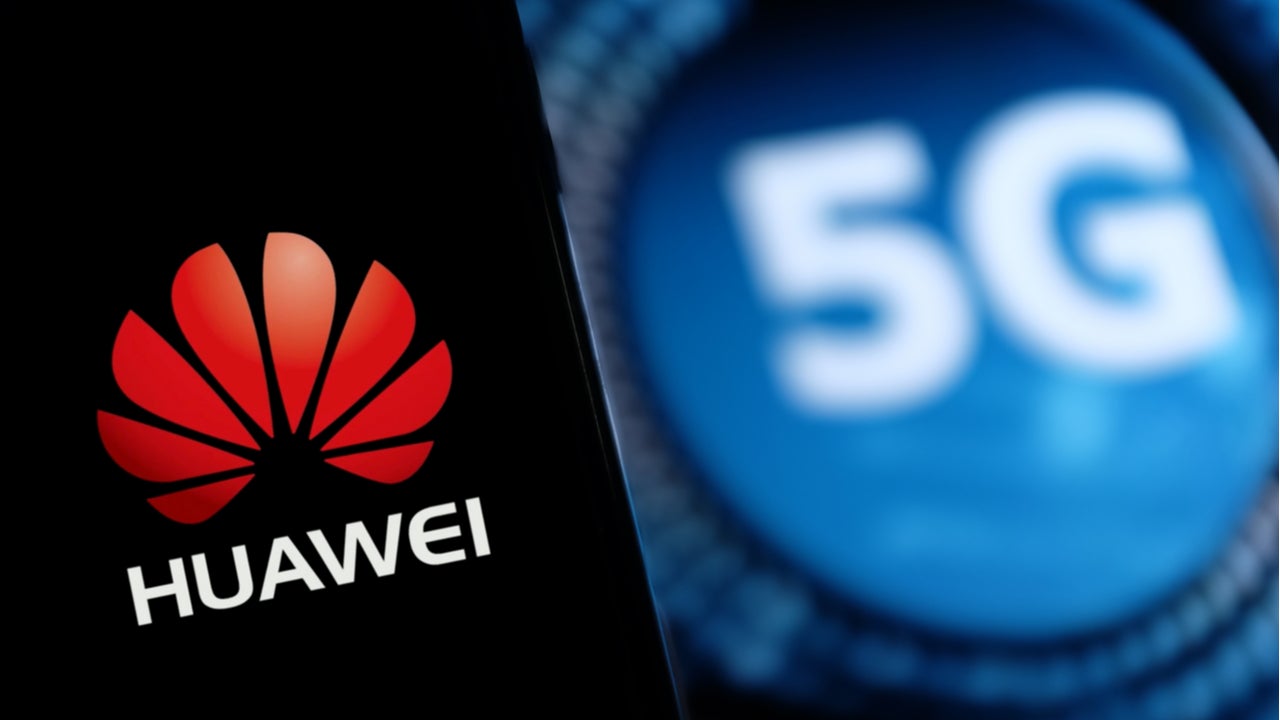
The Indian Department of Telecommunications (DoT) released a statement on Tuesday granting permission for mobile carriers to conduct 5G technology trials. Foreign equipment makers Ericsson, Nokia, and Samsung will take part in the effort. Notably absent from the list – Chinese technology companies.
The approved telecom service providers (TSPs) are Indian mobile operators Bharti Airtel, Reliance Jio Infocomm (Jio), Vodafone Idea and MTNL. They will be cooperating with equipment providers Ericsson, Nokia, and Samsung. In addition, government-owned telecommunications (telco) development centre C-DOT will also be taking part using its own indigenous technology.
Chinese companies Huawei and ZTE were not mentioned in the press release and will not be part of the trials.
How well do you really know your competitors?
Access the most comprehensive Company Profiles on the market, powered by GlobalData. Save hours of research. Gain competitive edge.

Thank you!
Your download email will arrive shortly
Not ready to buy yet? Download a free sample
We are confident about the unique quality of our Company Profiles. However, we want you to make the most beneficial decision for your business, so we offer a free sample that you can download by submitting the below form
By GlobalDataThe decision to exclude Huawei in an endeavour to promote 5G technology is significant, as the Chinese telco consistently scores as a thematic market leader in 5G technology, according to GlobalData’s latest report on the sector.
India joins Five Eyes
Earlier 5G trials in India still included the participation of Huawei, but the government hardened its stance after bloody military clashes along the Sino-Indian border last year. In June of last year, the country made the unprecedented decision to ban 59 Chinese apps, including the video-sharing platform TikTok owned by Chinese tech giant Bytedance.
The trials do not prohibit Chinese technology companies from supplying 5G equipment to mobile service providers. However, according to Reuters, New Delhi may block Huawei from providing equipment to Indian mobile carriers in the near future because of security concerns.
This move echoes a similar stance taken by the Five Eyes intelligence alliance comprising Australia, Canada, New Zealand, UK, and the US, which expressed security concerns about Huawei due to its ties with the Chinese government.
China’s rebuttal
In an interview with the Indian Business Standard this year, CEO of Huawei India David Li said that the company had not received an official notification from the Indian government on excluding Chinese companies from 5G construction or other telco services.
He was also quoted as saying recently that Huawei was willing to cooperate with the Indian government to construct 5G networks. Li called on the Indian government to provide a “level playing field,” stating that Huawei “absolutely meets the [Indian] government’s [safety] requirements. If the government proposes to conduct tests, we are also happy to cooperate in a fair environment.”
During a regular press conference in December 2020, Chinese Foreign Ministry spokesperson Zhao Lijian stated that “the Chinese government has always required Chinese companies to conduct foreign cooperation abiding by international laws and regulations. We hope that the Indian side will provide a fair, just, and non-discriminatory environment for the regular operation of Chinese companies in India.”
Trial parameters
The trial duration is set for six months, including a two-month period for procurement and setting up of equipment.
The official press release specifies that trials will have to be conducted in rural and semi-urban settings in addition to urban ones “so that the benefit of 5G Technology proliferates across the country and is not confined only to urban areas.”
The 5G trials aim to test the spectrum of 5G propagation characteristics in the Indian context. This includes the evaluation of domestic equipment and vendors, the testing of indigenous technology and applications, and the evaluation of 5G phones and devices.
The DoT noted that the trials will run across several different bands. These include the mid-band at 3.2GHz to 3.67GHz, the millimetre wave band covering the 24.25GHz to 28.5GHz spectrum and the sub-gigahertz band at 700GHz. Telcos are also allowed to experiment in their own band, whilst mobile service providers are encouraged to conduct 5Gi technology as it “facilitates much larger reach of the 5G towers and radio networks.”






